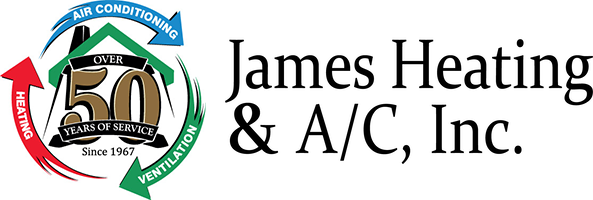
We spend a lot of time indoors. As a matter of fact, the Environmental Protection Agency (EPA) has estimated being inside makes up 90% of our schedule. Although, the EPA also has determined your indoor air can be three to five times dirtier than outside your home.
That’s due to the fact our houses are tightly sealed to boost energy efficiency. While this is fantastic for your energy expenses, it’s not so fantastic if you’re among the 40% of the population with respiratory allergies.
When outdoors ventilation is limited, pollutants including dust and volatile organic compounds (VOCs) might get trapped. Consequently, these pollutants might worsen your allergies.
You can boost your indoor air quality with clean air and regular dusting and vacuuming. But if you’re still struggling with symptoms when you’re at your residence, an air purifier could be able to provide relief.
While it can’t remove pollutants that have landed on your furnishings or carpet, it may help clean the air circulating around your house.
And air purification has also been scientifically proven to help lessen some allergic symptoms, according to the American College of Allergy, Asthma and Immunology. It can also be useful if you or a loved one has lung trouble, such as emphysema or COPD.
There are two kinds, a portable air purifier or a whole-home air purifier. We’ll go over the advantages so you can determine what’s appropriate for your house.
Whole-House Air Purifier vs. Portable Air Purifiers
A portable air purifier is for one room. A whole-house air purifier works with your home comfort unit to clean your full residence. Some models can purify independent when your heating and cooling system isn’t running.
What’s the Best Air Purifier for Allergies?
Seek a model with a High Efficiency Particulate Air (HEPA) filter. HEPA filters are placed in hospitals and offer the most comprehensive filtration you can find, as they catch 99.97% of particles in the air.
HEPA filters are even more powerful when installed with an ultraviolet (UV) germicidal light. This mighty mixture can wipe out dust, dander, pollen and mold, all of which are standard allergens. For the ultimate in air purification, think over a system that also has a carbon-based filter to reduce household odors.
Avoid buying an air purifier that creates ozone, which is the top element in smog. The EPA cautions ozone might irritate respiratory problems, even when discharged at small settings.
The Allergy and Asthma Foundation of America has created a checklist of questions to think over when purchasing an air purifier.
- What can this purifier remove from the air? What doesn’t it take out?
- What’s its clean air delivery rate? (A bigger number means air will be freshened faster.)
- How frequently does the filter or UV bulb need to be switched]? Can I do that without help?
- How much do spare filters or bulbs cost?
How to Reduce Seasonal Allergy Symptoms
Want to have the {top|most excellent|best] results from your new air purification unit? The Mayo Clinic suggests taking other measures to decrease your exposure to problems that can cause seasonal allergies.
- Stay indoors and keep windows and doors closed when pollen counts are high.
- Have other family members trim the lawn or pull weeds, since this work can trigger symptoms. If you are required to do this work alone, you may want to consider wearing a pollen mask. You should also rinse off right away and put on new clothes once you’re completed.
- Avoid hanging laundry outside.
- Turn on your air conditioner while indoors or while in the car. Consider adding a high efficiency air filter in your home’s HVAC system.
- Even out your house’s humidity saturation with a whole-house dehumidifier.
- Hardwood, tile or linoleum are the ideal flooring types for decreasing indoor allergens. If your house has carpet, install a HEPA filter on your vacuum cleaner.
Let Our Professionals Manage Your Indoor Air Quality Necessities
Ready to progress with adding a whole-house air purifier? Give our professionals a call at 336-853-6070 or contact us online to schedule an appointment. We’ll help you choose the ideal system for your family and budget.

